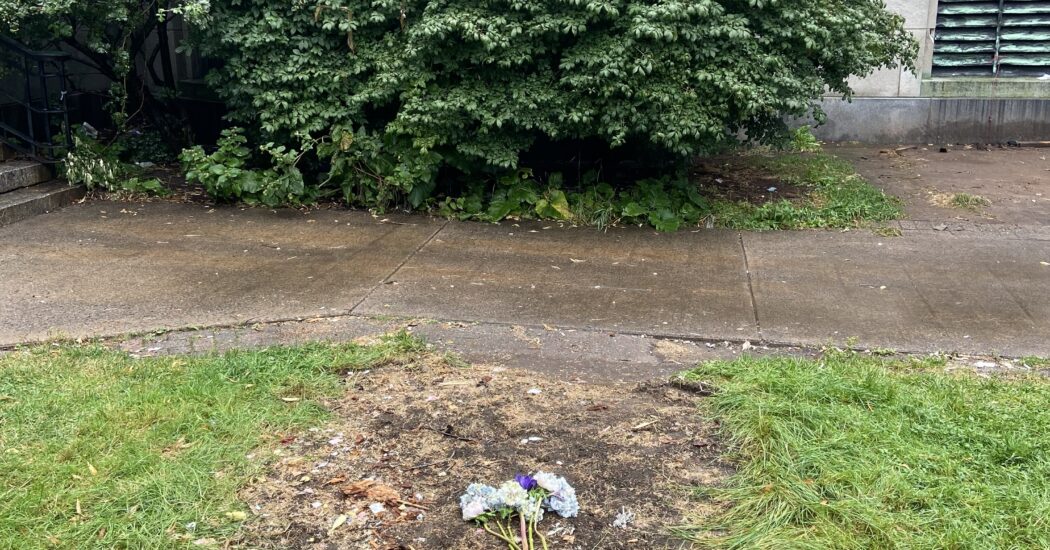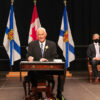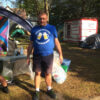
KJIPUKTUK (Halifax) – Rain in Halifax, the remnants of Hurricane Ida, is coming down in sheets as I am reading the recent update by street navigator Eric Jonsson on people sleeping outside in Halifax.
It makes for grim reading, especially today. A section on the harm caused by the recent evictions by force of the unhoused people living in tents and crisis shelters is particularly disconcerting.
See also: Sleeping rough in HRM continues even in winter, survey shows
On August 25th there were 81 people living outside, 45 people who were contacted that day, and another 36 people, including 10 youths, who are known to be sleeping outside but didn’t connect with the team that day. Out of the 45 people contacted, 10 people identified as female, 34 male, and 1 person as non-binary.
Five teams of two spread out across the urban core to conduct the count and survey. All surveys occurred in peninsular Halifax and downtown Dartmouth, Jonsson explains.
The people that were contacted were asked the regular questions, but this time the questionnaire also included questions about the fallout of the horrendous August 18 evictions.
19 people who took part in the survey were either displaced from their former encampments, or had their belongings confiscated from them when HRM staff cleared out the tents and shelters on August 18, 2021.
Despite assurances by our mayor, councillors, and city CAO to the contrary, these people were not offered any alternative accommodations throughout the process.
Systemic racism penetrates every aspect of our world, and housing is no exception.
“Indigenous people were grossly overrepresented in the unsheltered homeless population. Thirteen of the 45 surveyed self-identified as having Indigenous ancestry. This equates to about 29 percent, wherein, of the greater population, only about 4 percent of people in HRM identifies as Indigenous. Colonization, residential schools, and the “Sixties Scoop*” all have a part to play in this stark discrepancy,” Jonsson writes.
As well, an equally disproportionate 7 out of the 45 people contacted identified as African Nova Scotian.
Finally, half the participants live with disabilities, and one out of every five participants identified as being part of the LGBTQ2S community. Ableism and homophobia come with a heavy price.
Check out our new community calendar!
With a special thanks to our generous donors who make publication of the Nova Scotia Advocate possible.
Subscribe to the Nova Scotia Advocate weekly digest and never miss an article again. It’s free!



